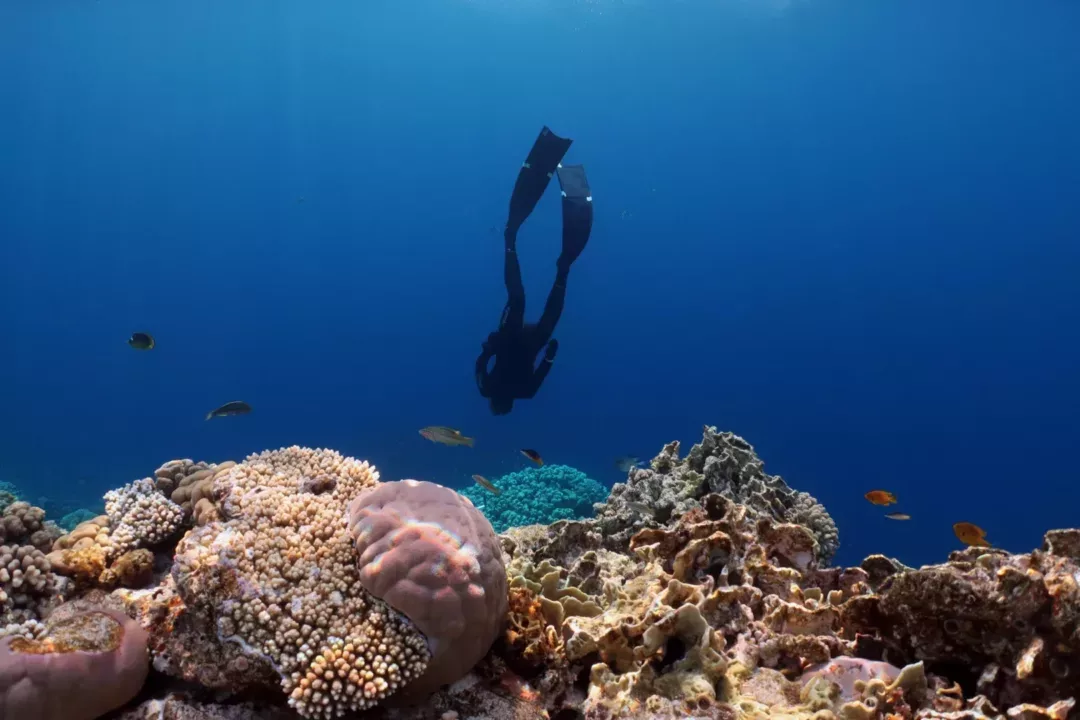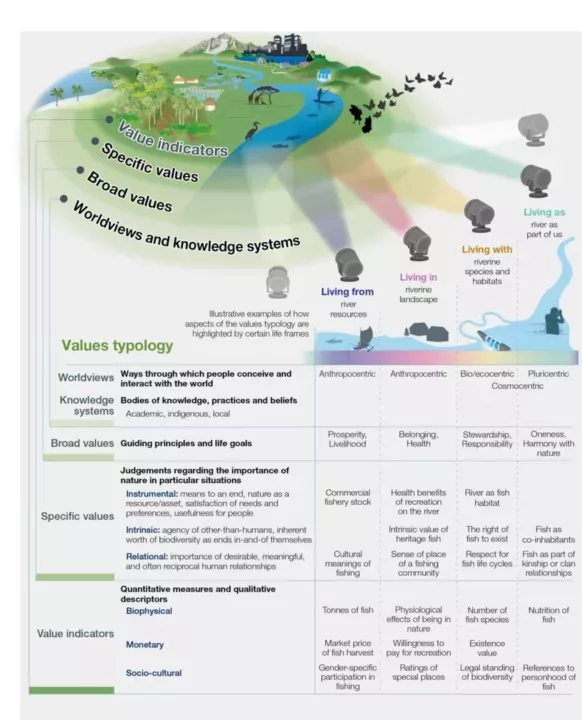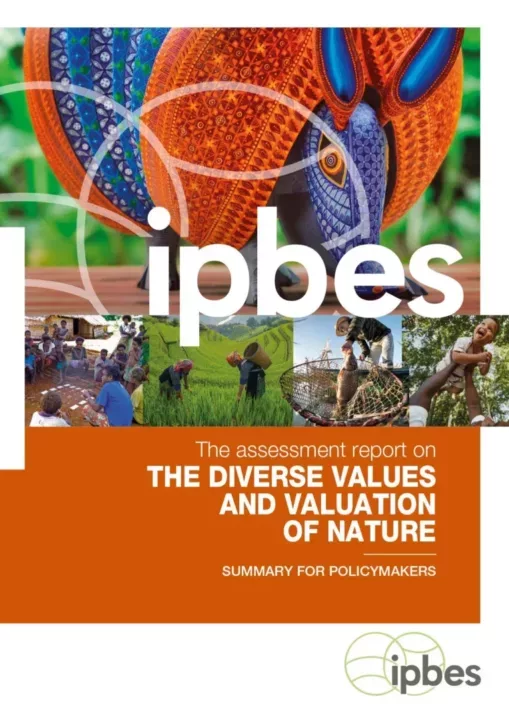Representatives of the 139 member States of the Intergovernmental Science-Policy Platform on Biodiversity and Ecosystem Services (IPBES), many of which are ICRI members, have recently approved the summary for policymakers of the Assessment Report on the Diverse Values and Valuation of Nature.
The report provides an overview of how nature is viewed, described, and valued worldwide, the consequences on biodiversity of the diversity of these values, and guidance on how to consider and reconcile diverse values on nature for policymaking benefitting both people and biodiversity.
Findings show that the dominant global focus is on short-term profits and economic growth, often excluding the consideration of multiple values of nature in policy decisions. Valuing nature in monetary terms only is detrimental to the quality of people’s lives, and biodiversity – the report thus proposes a new typology of values, and guidance for policymakers to leverage this diversity of values to benefit people and biodiversity more accurately.
The key messages presented in the summary for policy-makers find synergies with the ICRI Plan of Action, such as the need to better include indigenous peoples and local communities (Key Message 2, Theme 4 of the Plan of Action). Moreover, billions rely on coral reefs, not only in economic terms but also in social, cultural and traditional values, which can often be overlooked in policy making. And whilst, the detriment of coral reefs, and associated ecosystems, will have significant economic impacts, the effect on people’s quality of life will be significant.
The full assessment report is expected to be released ahead of COP15, as to feed into the decision-making of the Post-2020 Global Biodiversity Framework, which is a crucial opportunity to guide action for biodiversity, including coral reefs.
IPBES is an independent intergovernmental body comprising over 130 member Governments. Established by Governments in 2012, IPBES provides policymakers with objective scientific assessments about the state of knowledge regarding the planet’s biodiversity, ecosystems and the contributions they make to people, as well as options and actions to protect and sustainably use these vital natural assets.




